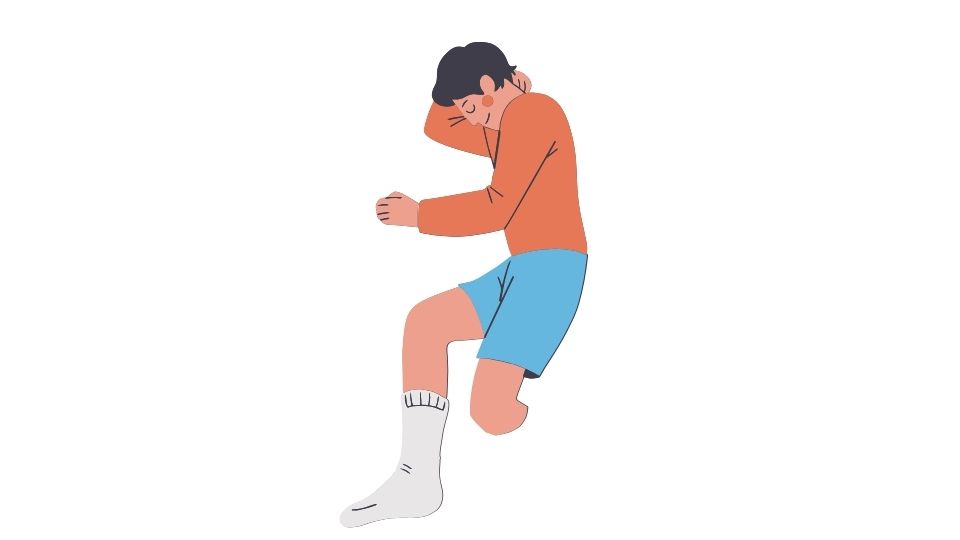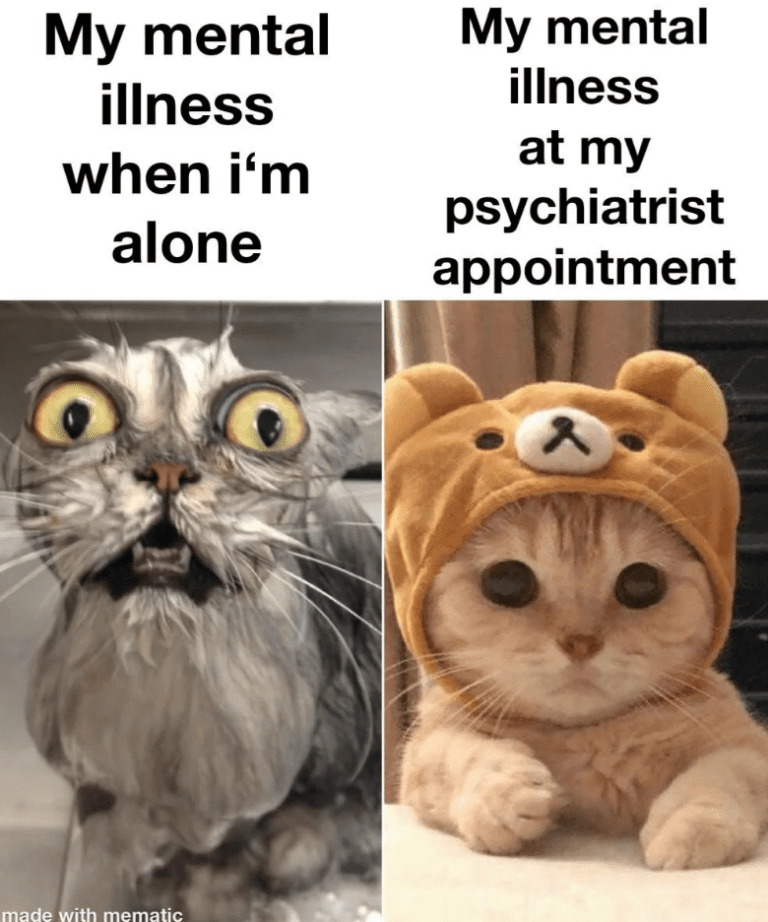What Is Aftercare and Why Is It Important?

Life after treatment doesn’t have to mean you’re on your own. In fact, that post-program period might be the most critical time for your long-term success.
Aftercare is the ongoing support system that kicks in after you finish a treatment program, whether for addiction, mental health challenges, or after leaving a care system. Think of it as the bridge between intensive treatment and fully independent living.
And let me tell you – this bridge isn’t optional. Without proper aftercare, many people find themselves sliding back into old patterns faster than you can say “relapse.”
What Is Aftercare (And Why You Absolutely Need It)
Imagine this: You’ve just spent weeks or months in an intensive treatment program. You’ve made progress, learned new skills, and started healing. Then suddenly you’re released back into the exact same environment that contributed to your problems in the first place.
That’s where aftercare comes in.
Aftercare is the continuing support and guidance you receive after your primary treatment ends. It’s designed to help you:
- Maintain your hard-won progress
- Navigate real-world challenges
- Build on the foundation you created during treatment
- Prevent relapse or backsliding
Different Types of Aftercare (There’s Something for Everyone)

Aftercare isn’t one-size-fits-all. Depending on your situation, it might include:
For Substance Abuse Recovery
- Ongoing therapy sessions (individual or group)
- Regular meetings with 12-step programs like AA or NA
- Sober living arrangements
- Medication management
- Random drug testing (accountability is your friend)
For Mental Health
- Follow-up appointments with psychiatrists and therapists
- Crisis intervention plans
- Peer support from others who’ve been there
- Multidisciplinary care teams that coordinate your treatment
For Youth Leaving Care Systems
- Life skills training (cooking, budgeting, job hunting)
- Housing assistance
- Educational support
- Mentorship programs
- Legal advocacy when needed
Why Aftercare Isn’t Optional (The Numbers Don’t Lie)

Here’s the brutal truth: Recovery isn’t a one-and-done deal.
For addiction recovery, the stats are eye-opening:
- Without aftercare, relapse rates can be as high as 40-60%
- With solid aftercare? Those numbers drop dramatically
For mental health:
- Aftercare can reduce suicide attempts by up to 30%
- It cuts hospital readmission rates significantly
For youth transitioning from care:
- Those with aftercare support are more likely to complete education
- They experience lower rates of homelessness and unemployment
- They report better overall wellbeing
Simply put: Aftercare works. It’s not just helpful—it’s often the difference between lasting recovery and cycling back through the system.
Building Your Aftercare Dream Team

The most effective aftercare plans involve multiple players:
Professional Support
- Therapists and counselors
- Case managers who coordinate services
- Medical professionals for physical health needs
- Vocational rehabilitation specialists for employment support
Community Resources
- Support groups (both in-person and online)
- Faith-based organizations (if that’s your thing)
- Recreational activities and hobby groups
- Educational programs
Personal Network
- Family members who understand your journey
- Friends who support your recovery
- Mentors who’ve walked similar paths
- New connections made through recovery communities
Common Aftercare Mistakes (Don’t Be This Person)
I’ve seen people make the same mistakes over and over with aftercare:
- Thinking they’re “cured” and don’t need continued support
- Going it alone rather than building a support network
- Waiting until crisis hits before reaching out
- Not planning for triggers in advance
- Neglecting physical health which impacts mental wellbeing
Remember: Even the strongest people need support systems. There’s no medal for doing it the hard way.
Creating Your Personal Aftercare Plan
A solid aftercare plan should be:
- Personalized to your specific needs and circumstances
- Practical enough that you can actually follow it
- Flexible so it can adapt as your needs change
- Comprehensive, addressing all aspects of wellbeing
Your plan might include:
- A schedule of therapy appointments
- Contact information for your support team
- A list of warning signs that indicate you need more help
- Healthy coping strategies for difficult moments
- Daily routines that support your recovery
The best plans are created before you leave treatment, with input from professionals who understand your situation.
When Aftercare Ends (Or Does It?)

Some formal aftercare programs have a defined endpoint—maybe 6 months or a year after treatment. But the principles of aftercare often become a lifestyle.
Many people find that certain aspects of aftercare become permanent parts of their lives:
- Monthly check-ins with a therapist
- Regular attendance at support groups
- Ongoing medication management
- Annual wellness assessments
This isn’t a failure—it’s wisdom. Just like people with diabetes need ongoing care, many mental health and substance use conditions require long-term management strategies.
The Bottom Line
Aftercare isn’t just a nice-to-have—it’s an essential component of recovery and transition. The skills, support, and structure it provides create a foundation for lasting success.
Whether you’re leaving addiction treatment, transitioning from psychiatric care, or aging out of a foster system, a robust aftercare plan dramatically increases your chances of long-term stability and wellbeing.
The journey doesn’t end when primary treatment does. In many ways, that’s when the real work begins. But with proper aftercare support, you don’t have to do it alone. And honestly? You shouldn’t try to.

